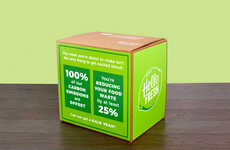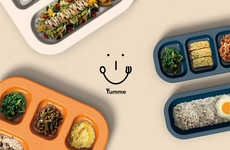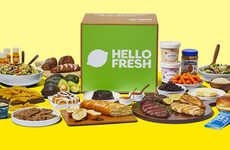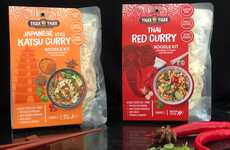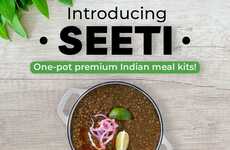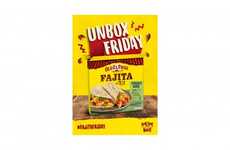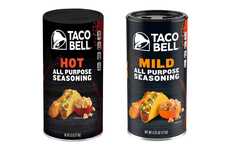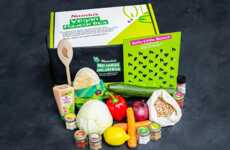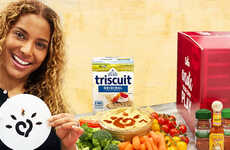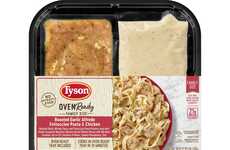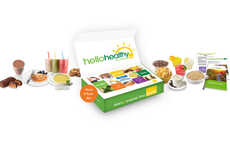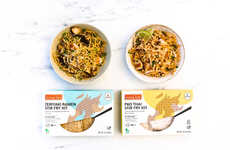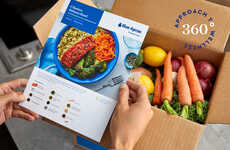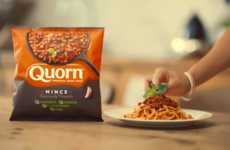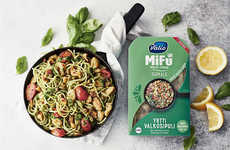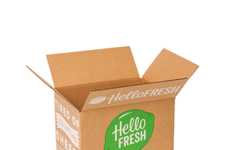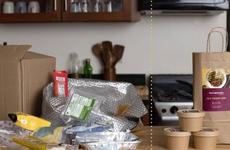
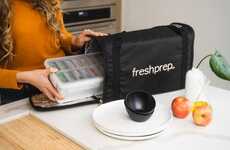
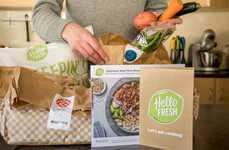

Meal kit brands are prioritizing eco-friendly packaging and/or production
Trend - The growing popularity of meal kits has made meal-planning easier for people, but contributes to waste and the release of carbon emissions into the environment. Brands in this space are aiming to reduce their environmental footprint with things like reusable packaging and carbon-offsetting initiatives.
Insight - With most consumers having at least some level of understanding for how the global consumption cycle contributes to environmental waste, harm and climate change, people are feeling increasingly guilty for the purchases they make that contribute to this cycle. Thus, brands that are able to mitigate even some of their impact are becoming more appealing to eco-conscious consumers.
Insight - With most consumers having at least some level of understanding for how the global consumption cycle contributes to environmental waste, harm and climate change, people are feeling increasingly guilty for the purchases they make that contribute to this cycle. Thus, brands that are able to mitigate even some of their impact are becoming more appealing to eco-conscious consumers.
Workshop Question - How is your brand prioritizing the reduction of environmental harm?
Trend Themes
1. Eco-friendly Meal Kit Packaging - Brands in the meal kit industry are prioritizing eco-friendly packaging and/or production methods, with a focus on initiatives including reusable packaging and carbon offsetting.
2. Zero-waste Meal Kits - Meal kit delivery services are innovating to minimize packaging waste and reduce plastic by introducing zero-waste meal kits that use reusable containers.
3. Climate-friendly Food Labels - Food kit suppliers are introducing climate-friendly food labeling initiatives to help consumers choose environmentally sustainable options.
Industry Implications
1. Subscription-based Meal Kits - Subscription-based meal kit brands can explore eco-friendly packaging and production methods to appeal to eco-conscious consumers and minimize environmental impact.
2. Meal Kit Delivery Services - Meal kit delivery services can adopt zero-waste initiatives and introduce reusable containers to reduce plastic waste and carbon emissions.
3. Food Kit Suppliers - Food kit suppliers can introduce climate-friendly food labeling initiatives and focus on eco-friendly production and packaging to minimize environmental impact and appeal to consumers seeking sustainable options.
